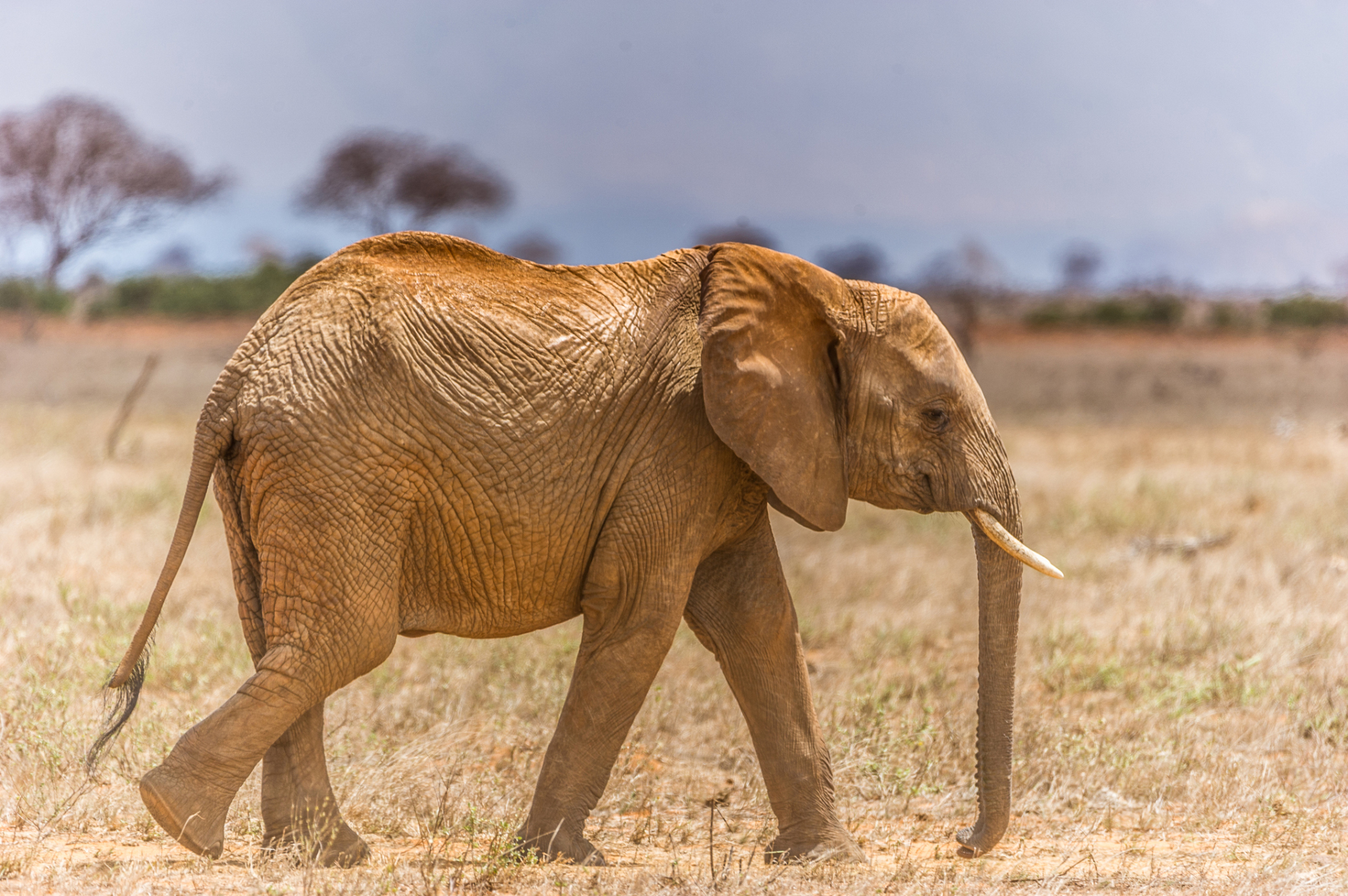In October, a new documentary produced by Leonardo DiCaprio premiered on Netflix. "The Ivory Game" is a dramatic study of the illegal trade in elephant tusks that includes conservationists battling poachers, investigative journalists following the money trail and black market merchants in China.
Experts say if the killing of African elephants continues apace, the species will be gone in a decade or so. What's particularly discouraging is that, despite an intense and very expensive campaign by local authorities in various countries to stop poaching, the demand for ivory is such that policing becomes increasingly difficult because of the huge amount of money involved. The more poaching is suppressed, the more expensive the ivory becomes and thus worth the danger involved in obtaining it. A thousand African law enforcement personnel have been killed in the struggle. The only solution, as one conservationist points out while watching tons of confiscated ivory burn, is to inhibit demand by making the international trade of ivory completely illegal.
The end of the documentary shows that this goal seems to be in sight, with China agreeing last summer to eventually phase out its legal ivory trade, which has helped make black market ivory trade possible. And while Chinese authorities did not announce a timetable, the fact that they acknowledge the environmental stakes means something. Ivory's commercial standing is based on its value as a decorative material, which means only well-off people buy the artwork made from it. While it is possible that Chinese officials are involved somehow in the ivory trade, China has no national interest in sustaining the trade and, with the rise of Donald Trump, who has repeatedly stated his opposition to almost anything having to do with conservation, China has been given an opportunity to take the world lead in such matters.



